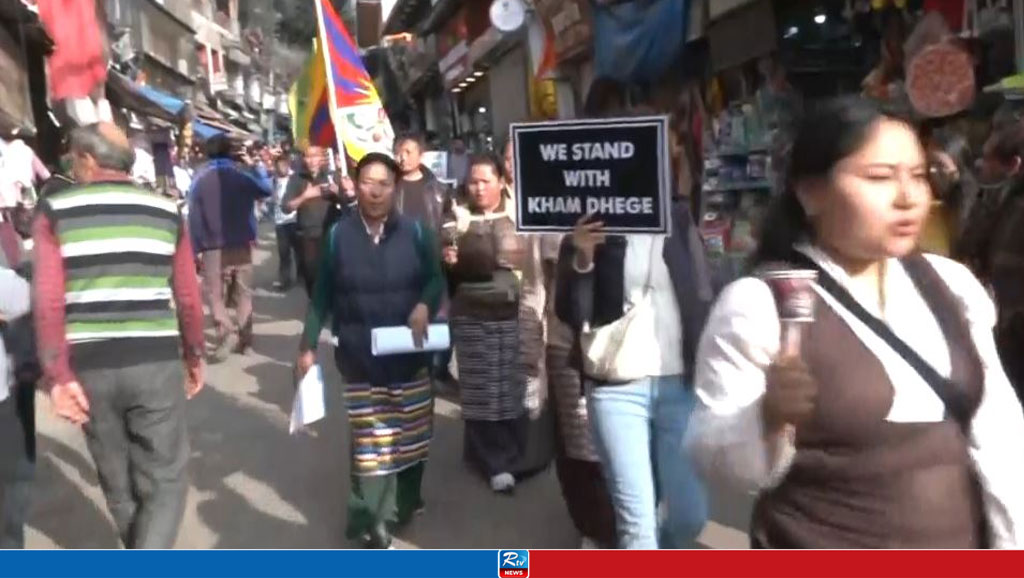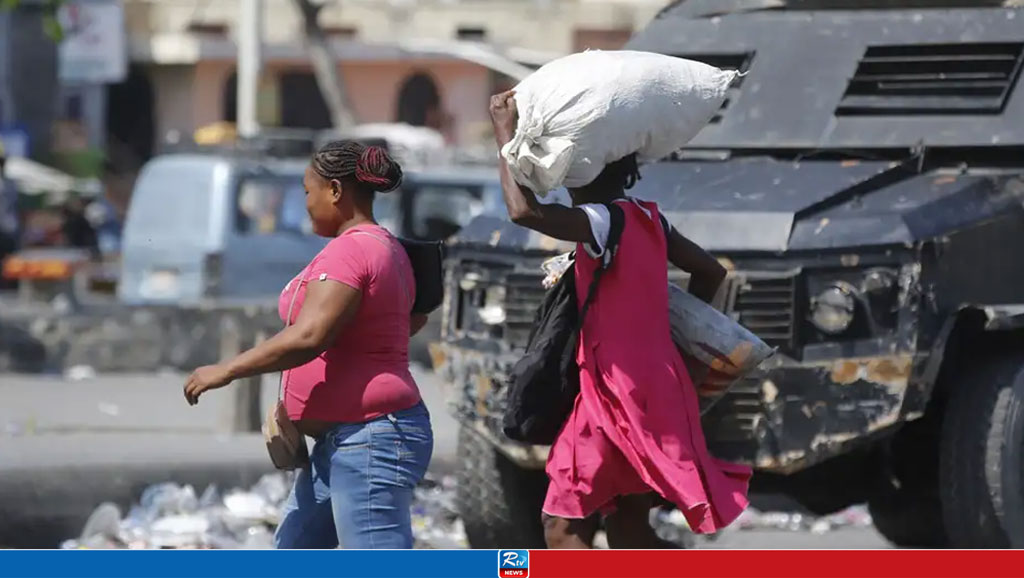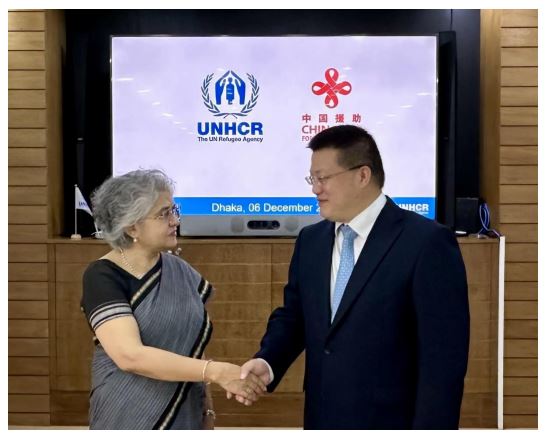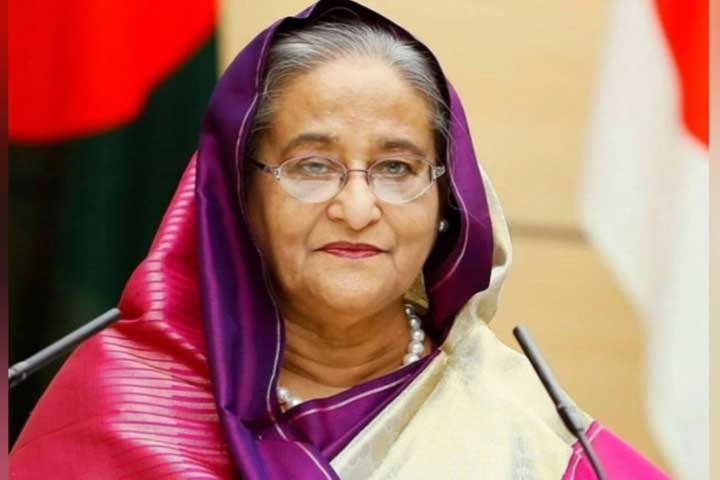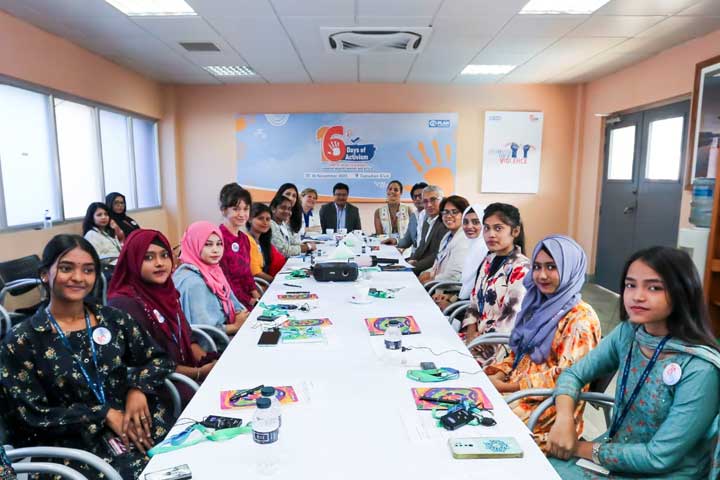Saudi Arabia's thriving startup scene driven by women
A flourishing entrepreneur scene has transformed the Saudi business world. Startups contribute to the nation's branding efforts and aim to tackle unemployment, as it aims to move away from a dependence on oil revenue.
It's now almost impossible to imagine the Saudi economy without the thriving startup scene and its female entrepreneurs.
Less than a decade ago, the situation was largely different.
"There was literally no ecosystem for startup companies," Maha Shirah, one of the first female Saudi entrepreneurs in Riyadh, told DW.
For women, starting a business was particularly tough.
In 2014, when Shirah opened the country's first workspace for women, laws still restricted the participation of women in many industries.
Ten years on, the Saudi Ministry of Commerce haspublished a comprehensive list of workspaces for women, and the local startup landscape is not only thriving but is driven by women across all industries.
"When it comes to laws affecting women's decisions to work, laws affecting women's pay, constraints on women starting and running a business, and laws affecting the size of a woman's pension, Saudi Arabia gets a perfect score of 100," the recent World Bank report Women, Business and the Law 2024 concluded.
The 2021-2022 Women's Report for the Kingdom of Saudi Arabia also stated that 95% of Saudi women listed entrepreneur as a good career choice.
Although current statistics on female labor force participation and female entrepreneurs have yet to be published, the trend is apparent.
"Between 2017 and 2021, the Saudi female labor force participation rate doubled from 17.4% to 35.6%, comfortably exceeding the 'Vision 2030' target of raising it to 30%," Tim Callen, a visiting fellow at the Washington-based think tank Arab Gulf States Institute, wrote in January 2024.
There is no doubt that Vision 2030 — a socioeconomic set of reforms introduced in January 2016 by the Saudi Crown Prince Mohammed bin Salman — has been the key driver of this process.
Part and parcel of the overhaul is the inclusion of women in the workforce, tackling the pressing issue of unemployment, pushing for diversification from oil revenues and opening the country for tourists.
Structuring the Saudi startup scene
"I remember well that before 2017, very few courses at school or university focused on startups or entrepreneurship at all," said Shirah.
She also recalled that starting a business was only an option for rich people, for everyone else, it "was considered a stigma."
Due to the governmental initiatives, however, nowadays "everybody with a solid idea can become an entrepreneur, obviously including women," she said.
Over time, the government has even become one of the most active investors in its local startup scene.
This March's tech summit Leap24, for example, recorded a staggering $11.9 billion investmentby the Saudi Ministry of Communications and Information Technology.
In Shirah's view, the Saudi startup scene is doing quite well already and growing still. She believes that from now on, more startup accelerators and incubators will be needed.
Startup incubators support early-stage startups in helping them to develop their idea into a business. Accelerators support already existing businesses with resources and mentorship.
Incubators, accelerators are the next step
For Marriam Mossalli, a Saudi entrepreneur who has been advocating for female empowerment through her nonprofit organization Under The Abaya for years, advising startups has become a new endeavor. (An abaya is a robe-like dress that covers the entire body except for head, hands and feet.)
In 2024, Mossalli launched C-Suite Advisory, an investment and business consultancy. The term C-Suite refers to a company's leadership positions like CEO (chief executive officer) and COO (chief operating officer). She also invested in several female-run startups.
"As a female entrepreneur myself, I know firsthand the challenges presented to us," she told DW, adding that for her "it was time to put my money where my mouth is."
One of the startups Mossalli advises is Sirene, a third-party e-commerce luxury fashion retailing company that was recently founded by the Saudi entrepreneur Basma Barzangi.
"I am still at the pre-seed phase and actively seek investors, so I do find myself concerned about the future," Barzangi told DW.
However, as an entrepreneur she said she has learned to embrace setbacks "as part of the journey."
"It's important to remember that even failure is just a stepping stone to success," she said.
Her view exemplifies change, too.
"For decades, the concept of failure was frowned upon in Saudi Arabia," Sebastian Sons, senior researcher with the German Center for Applied Research in Partnership with the Orient, told DW.
"This has been changing as many young people recognize that failure can be part of their business experience and they are now willing to take this risk," he said.
Startups as a strategy toward nation branding
Fostering a lively startup scene serves its reasons, said Sons, not only for the society but also for Saudi Arabia's government.
"The focus is on economic diversification as the state is no longer able to absorb many employees in the public sector, and the private sector needs to be strengthened," he said. "The second reason is the external and internal impact of supporting startups."
On the one hand, the government signals they are promoting personal initiative via startups as part of nation branding, he said.
Son said there is another component as well: "It is also part of Crown Prince Mohammed bin Salman's power consolidation in the country."
But the situation for women rights in Saudi Arabia isn't perfect, just because more women have the opportunity to become entrepreneurs.
According to the Human Rights Watch World Report 2024, "further legal reforms remain severely undermined by widespread repression under de facto ruler Crown Prince Mohammed bin Salman, and a number of women's rights defenders, including Loujain al-Hathloul, remain banned from travel and under suspended prison sentences."
17 Mar 2024,17:47


















 Live Tv
Live Tv

